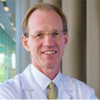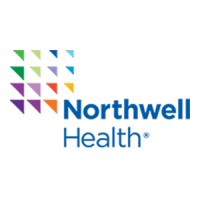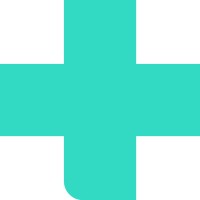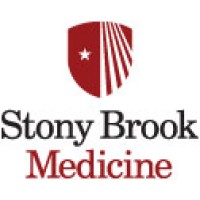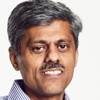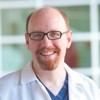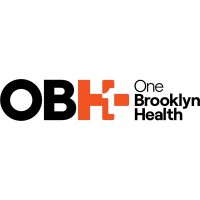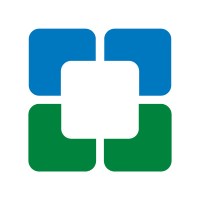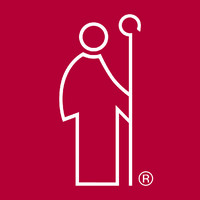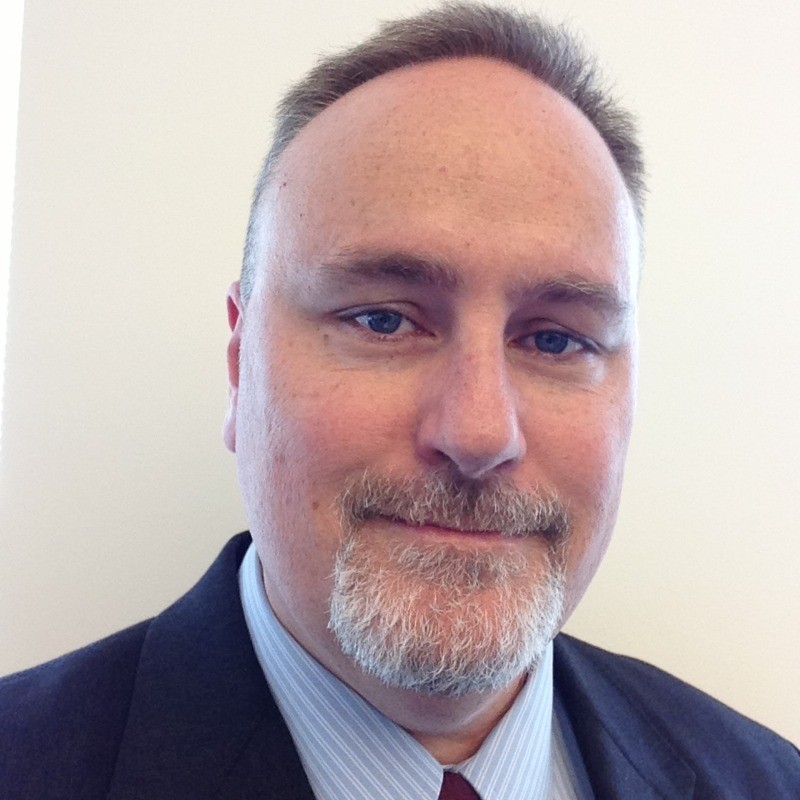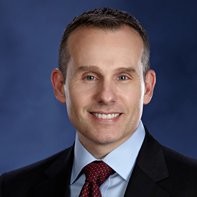The healthcare industry is expected to undergo significant changes in 2024. Healthcare executives will need to make decisions and resource allocations concerning digital transformation, generative artificial intelligence, ESG, and margin pressures. Healthcare executives will face the challenge of adopting new technologies and business models while under sustained financial pressure. In terms of healthcare costs, estimates suggest that healthcare costs will rise by 7% in 2024, which is higher than the previous two years. This increase is attributed to continued labor shortages, drug price increases,
and new contracts between payers and providers. It is also worth noting that the cost of job-based health care coverage for 2024 is expected to rise at its fastest pace in years as inflation pervades insurance policies. Overall, the healthcare industry is expected to undergo significant changes in 2024, and healthcare executives will need to adapt to the new environment to ensure their organizations’ success.Transforming healthcare enterprises through advanced technology integration involves leveraging cutting-edge tools like AI, ML, blockchain, and IoMT. These technologies enhance diagnostics, treatment planning, data security, and personalized care. By addressing challenges such as data privacy, interoperability, and regulatory compliance, healthcare organizations can achieve seamless integration and improved patient outcomes. Real-world case studies highlight successful implementations and lessons learned. Preparing for future trends and innovations ensures that healthcare enterprises remain at the forefront of technological advancements, ultimately leading to more efficient, secure, and patient-centric care systems.


